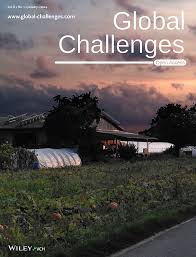The chief executive of a university in Eastern India whose research is full of tortured phrases – possible signs of plagiarism – had two papers pulled in December after investigations found evidence of “compromised” peer review and other red flags in the publications.
A third article by the executive, Amiya Kumar Rath, has also come under scrutiny, a publisher told us.
Rath became vice chancellor of Biju Patnaik University of Technology in Rourkela in 2023. A computer scientist with more than 100 publications, he is listed as the second author of one of the now-withdrawn works, a 2020 review article on inspecting and grading fruits using machine learning.
Continue reading University vice chancellor’s work crawling with ‘tortured phrases’







